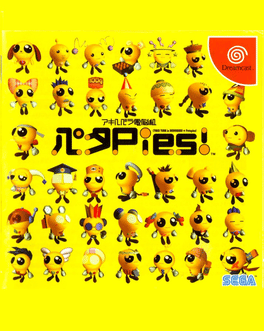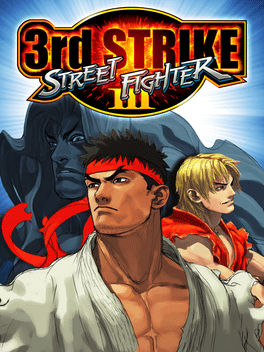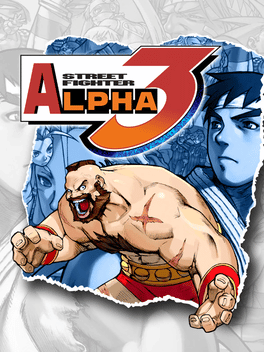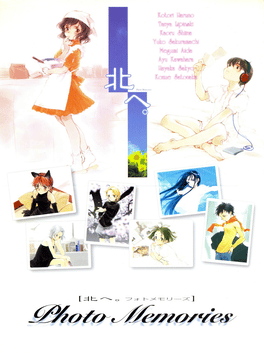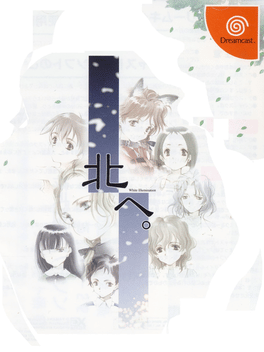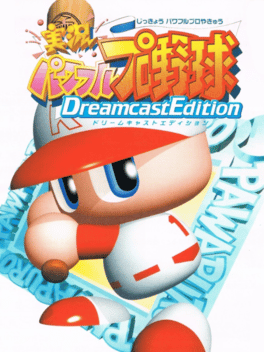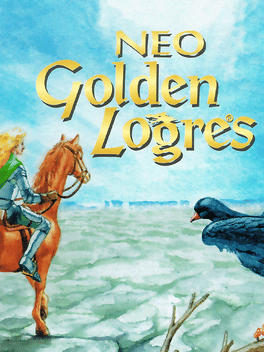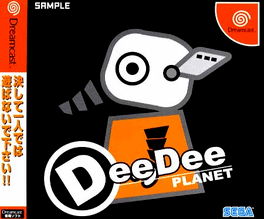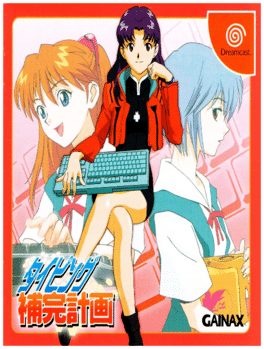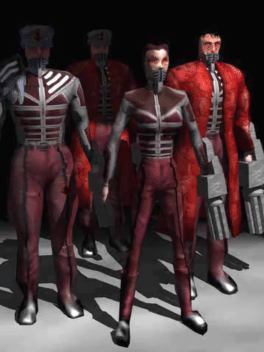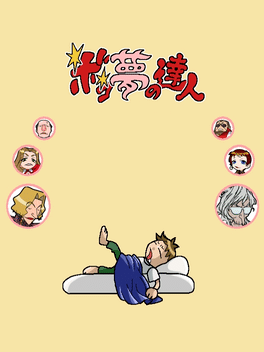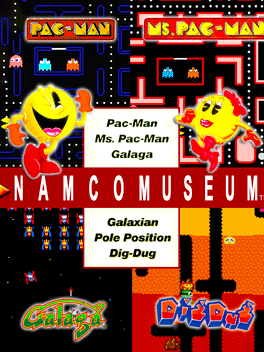Most Popular Dc Games - Page 6
-
Akihabara Dennou-gumi Pata Pies!
1999
Akihabara Dennou-gumi Pata Pies! is a Adventure video game published by Sega, West One released on 1999 for the Sega Dreamcast. -
Microsoft Combat Flight Simulator: WWII Europe Series
A cancelled port of Microsoft Combat Flight Simulator: WWII Europe Series for the Sega Dreamcast. -
Street Fighter III: 3rd Strike
2000
The Dreamcast port of Street Fighter III: 3rd Strike features an Arcade, Versus, Training and Options modes, as well as a System Direction mode which allows the player to adjust several of the game's features. Gill can be selected by the player but only after fulfilling certain requirements. Also, one additional remix of each character's musical theme not present in the original arcade version was composed for this version and it was played during the third round of each match. These additional remixes were also included in the PlayStation 2 version. -
Street Fighter Alpha 3
1999
The Dreamcast port of Street Fighter Alpha 3 uses all the added features from the PlayStation version but features a different World Tour mode. Guile, Evil Ryu and Shin Akuma are immediately selectable, although the latter still shares a slot with his regular counterpart and is playable via a special button combination. An online mode was added, allowing the player to display their high score. In addition, a Saikyo Dojo mode was added, which pits a character that the player has built up in World Tour mode against a very strong opponent who had to be downloaded from the Internet and changed every week. -
Aero Dancing: Secret Mission Disk
2000
Aero Dancing: Secret Mission Disk is an expansion disk for the original game Aerowings (the original was called "Aero Dancing" in Japan). There are three modes of play featured in this game: Gallery Mode, Sky Mission Attack mode, and a Free Flight Mode. -
Streets of Rage 4
Streets of Rage 4 is an unreleased game developed as a sequel to Streets of Rage 3. There have been at least two attempts at creating Streets of Rage 4, the first eventually seeing release in the re-branded form of Fighting Force, however a more "pure" attempt at a sequel, developed in-house by Sega was due for release on the Sega Dreamcast at one stage. -
Super Robot Taisen Alpha for Dreamcast
2001
Super Robot Taisen Alpha for Dreamcast is a strategy simlulation game for Dreamcast, released on 2001. The game is an extended port of Super Robot Taisen Alpha with changes in the system, including an overall 3D transition, more titles in the game, and the ability to use coalescing attacks. -
Kita e. Photo Memories
1999
Kita e. Photo Memories (北へ。Photo Memories) is a visual novel released for the Sega Dreamcast by Hudson Soft as part of the Kita e. series. This fandisc includes additional content and a sequel story. This story has you returning to Hokkaido in the summer following your special kiss from the White Illumination festival. There are actually eight separate adventures, one for each girl. You start off by selecting the character with whom you'd like to share your upcoming exploits, and when you arrive back at the Hokkaido airport, she greets you. You travel off through Hokkaido, with the girl conversing with you and showing you around. As you travel, you can surprise the girl by taking a picture of her with the snap of a button, and this picture can be saved to the VMU and viewed later in a photo album. -
Kita he: White Illumination
1999
The player, a second-year high school student (17 years old), travels from Tokyo to Sapporo in Hokkaido (hence the basic title of the game Kita E - To The North). There, he encounters eight different girls, including the lead character Kotori Haruno, whose family he stays with during his time up north. In the game, the player explores the island, plays video games, does karaoke, goes shopping -- and most of all, tries to find that special someone to share his heart with. -
Half-Life
Half-Life for Dreamcast is a console port of Half-Life for the Sega Dreamcast developed by Gearbox Software and Captivation Digital Laboratories with the assistance of Sierra Entertainment and Valve Software. It was cancelled only a few weeks away from its projected release date. The port was to feature a new, exclusive mission pack called Half-Life: Blue Shift, along with better visuals and effects. -
Sakura Taisen Online: Paris no Yuuga na Hibi
2001
A mini-game collection in the Sakura Taisen series that is playable online. Also included a series of tabletop games packed in. The game was released in two versions, Teito no Nagai Hibi and Paris no Yuugana Hibi. -
Austin Powers: Mojo Rally
Austin Powers: Mojo Rally is a cancelled racing game for the Sega Dreamcast based on the Austin Powers movie series. -
Neo Golden Logres
2000
Neo Golden Logres
2000
Neo Golden Logres is a Dreamcast port of LittleWing's pinball game Golden Logres, released only in Japan. It included significant gameplay changes, most notably a timer that could only be extended by continuously skillful shooting and a heavyset physics engine that made it much harder than the original. -
Dee Dee Planet
Dee Dee Planet was intended to follow ChuChu Rocket! as part of a series of Dreamcast network games, but was cancelled last minute. Lost for two decades, the final beta has been found and dumped online for you all to enjoy! -
Shinseiki Evangelion: Typing Hokan Keikaku
2001
Neon Genesis Evangelion: Typing Hokan Keikaku, is a game for the Sega Dreamcast which uses the Dreamcast Keyboard. Its gameplay resembles the likes of The Typing of the Dead. -
Jump Runner
Jump Runner is an unreleased game developed by Glass Ghost for Kuju Entertainment. It was aimed specifically for the Dreamcast Platform, announced in 1999 as a sci-fi action-adventure game. Not only was Jump Runner to feature a single-player campaign but an online component was planned as well. The online mode was to offer a persistent online world where players would join gangs of criminals and fight for dominance. -
Namco Museum
2000
Namco Museum
2000
This compilation contains: Pac-Man Ms Pac-Man Dig Dug Pole Position Galaga Galaxian Information, sketches and pictures for each title are available.
